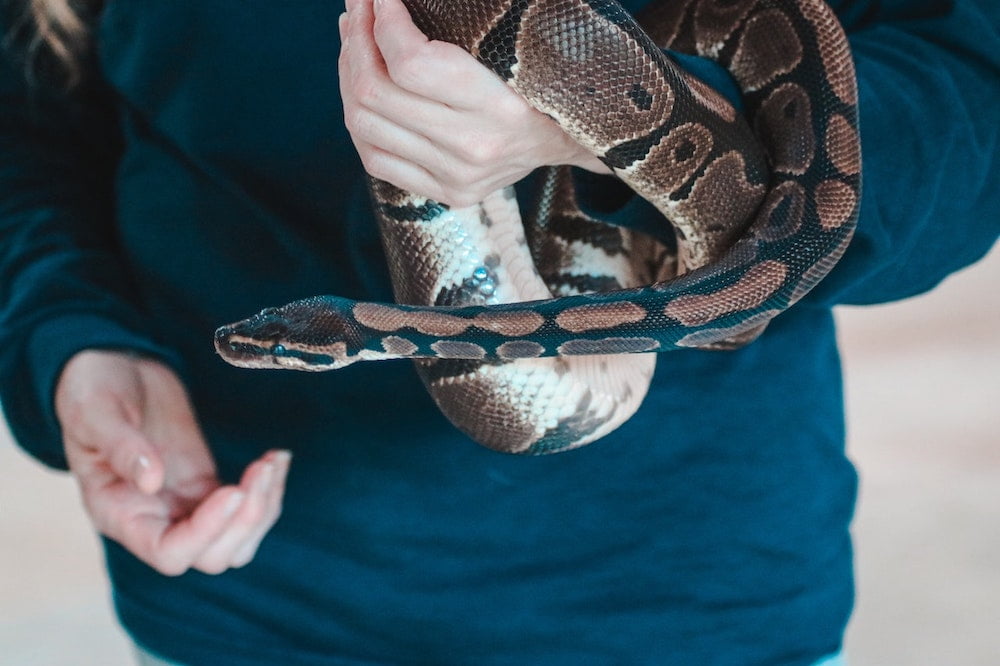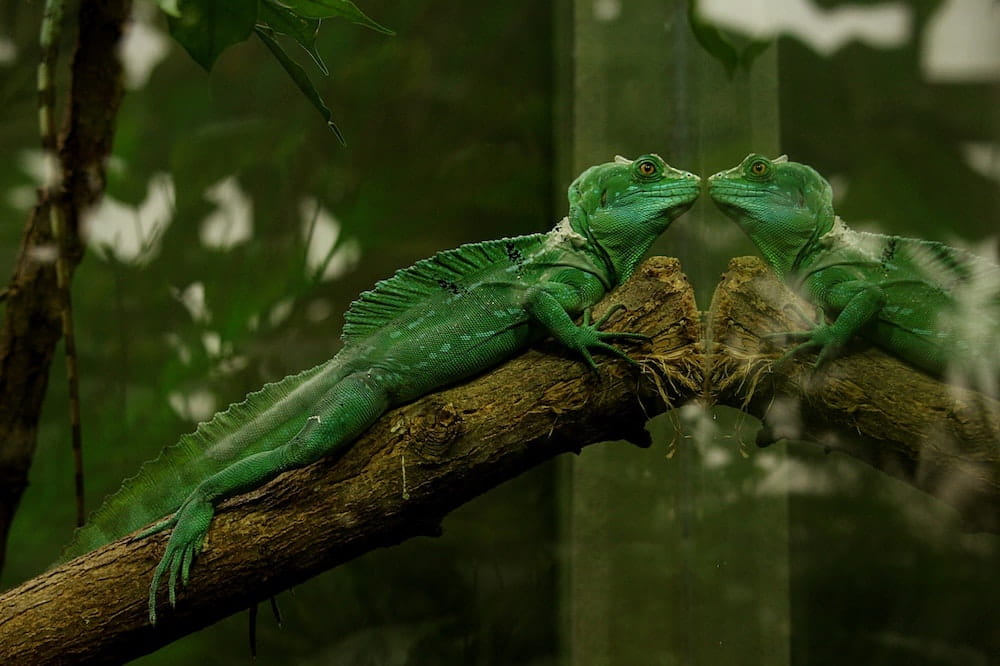Reptiles can make great pets, but they require special care. If you’re thinking of getting a reptile as a pet, it’s important to do your research and make sure you understand what is involved in taking care of them. It’s also important to remember that reptiles can live for a long time, so it’s important to make sure you have the resources and commitment necessary for their care. Here are some tips on how to properly take care of pet reptiles.
1. Know Reptile Behavior
Before getting a reptile, it is important to understand its behavior. That way you can provide the best environment for them and know how to interact with them safely. Be sure to do your research on the type of reptile that you are thinking of getting and learn about its natural habitat, diet, and behaviors so you can make sure you give it everything it needs to be healthy and happy. For example, when turtles lift their flipper up, it’s actually a mating behavior, so it’s important to know how to respond appropriately. If you have questions, be sure to contact a reptile expert or veterinarian.
2. Provide the Proper Environment
A critical part of taking care of a pet reptile is making sure you provide them with the environment they need to thrive. This includes the right temperature, humidity levels, and size of the enclosure. Many reptiles require a hot side and a cooler side in their enclosure so make sure you research your particular species before setting up its habitat. You should also consider the temperature gradient—make sure it’s big enough for your reptile to move between warm spots and cool spots within its enclosure as needed. Humidity is important, too, as some species need more moisture than others.
3. Consider Your Reptile’s Diet
Reptiles are typically carnivorous, so they will need a diet of small animals such as crickets or mealworms. You can also provide them with commercial reptile feed. It’s important to ensure that you are providing your pet with the right nutrients depending on its species and size. For example, some reptiles require a higher protein content than others. Be sure to research your specific reptile before designing a diet plan. Additionally, avoid feeding wild-caught insects or food from outside sources since they may carry parasites that could make your reptile sick. And if possible, vary their diet to keep them interested in eating and help prevent nutrient deficiency.
4. Provide Proper Lighting
Reptiles need proper lighting to survive and thrive in captivity, including UVA and UVB light. Reptile owners should do their research to understand the specific lighting needs of their pet’s species. Many reptiles require a 12-hour cycle of daylight and darkness each day, so providing appropriate lighting is paramount for all reptile owners. If you are unable to meet your pet’s lighting requirements with natural sunlight, consider purchasing special reptile bulbs made specifically for this purpose. These bulbs mimic the sun’s rays and provide essential nutrients that reptiles need as they grow.
5. Make Regular Vet Visits
Reptiles may not exhibit signs of illness as quickly or obviously as a dog or cat, but regular visits to the vet for checkups are still important. Like all other pets, reptiles need regular vaccinations and testing for parasites. Your veterinarian can also help you spot potential problems before they become serious. Scheduling regular exams is an essential part of responsible reptile ownership. During your visit, the vet will typically look at your pet’s eyes and throat, examine their skin for injuries and lumps, and listen to their heart and lungs with a stethoscope. They may also take blood samples or X-rays if needed.
6. Handle Your Reptile Carefully
 Handling your pet reptile can be quite a challenge if you’re not used to it. Reptiles don’t have the same body language or behavior as cats or dogs, so it’s important that you take extra care when interacting with them. When handling your reptile, make sure to use two hands and never pick them up from above. This will help avoid startling your reptile and causing any unnecessary stress. Additionally, support their body weight evenly by using both hands and always handling them away from other animals in the home to prevent injury or stress.
Handling your pet reptile can be quite a challenge if you’re not used to it. Reptiles don’t have the same body language or behavior as cats or dogs, so it’s important that you take extra care when interacting with them. When handling your reptile, make sure to use two hands and never pick them up from above. This will help avoid startling your reptile and causing any unnecessary stress. Additionally, support their body weight evenly by using both hands and always handling them away from other animals in the home to prevent injury or stress.
Taking care of a pet reptile can be rewarding and enjoyable. But, it also requires commitment and dedication to ensure their health and safety. Make sure you research their needs before bringing them home and provide the appropriate environment with the right temperature, humidity levels, lighting, and enclosure size. And don’t forget to feed them a nutrient-rich diet, take them for regular vet visits for checkups, and handle them with care. With a little planning and effort, you can make sure your pet reptile stays happy and healthy for years to come.

